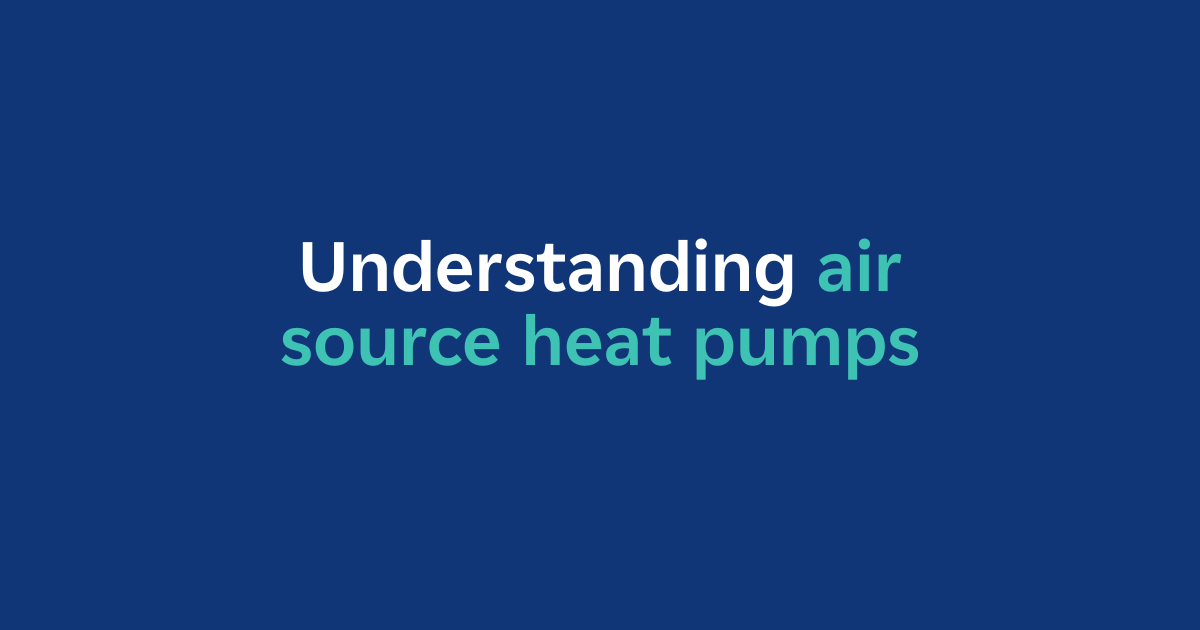Understanding air source heat pumps:
How they work, costs and potential savings for your home.
What are air source heat pumps?
Air source heat pumps are smart home heating systems. They move heat from one place to another. This helps to heat or your home efficiently more efficiently than a traditional boiler.
They work by extracting heat from the air, ground, or water and moving it indoors during colder months, and vice versa in warmer months. This process makes them a versatile option for year-round climate control.
How do heat pumps work?
Air source heat pumps operate on a simple principle: they absorb heat from a source and release it in a different location. The most common types of heat pumps include air-source, ground-source (or geothermal), and water-source heat pumps.
Other types of heat pump
- Ground source heat pumps utilise the stable temperature of the ground to provide heating. These have much have higher installation costs than an air source heat pump.
- Water-source heat pumps extract heat from a body of water, such as a lake or pond. They are less common but can be very effective in suitable locations.
Costs and savings
When considering a heat pump for your home, it’s essential to look at both installation and operating costs. Installation costs can change a lot. They depend on the type of heat pump, how complex the installation is, and your home’s needs. Air-source heat pumps are often cheaper to install. This is due to government grants and the option to pay monthly for your heat pump.
However, the long-term savings can be substantial. Heat pumps are very energy efficient. They often give more heating or cooling energy than the electricity they use. This efficiency can lead to lower energy bills and a reduced carbon footprint, making them an environmentally friendly choice.
You can read more about the different types of heat pumps here.
Environmental impact and carbon footprint reduction
One of the most significant advantages of heat pumps is their potential to reduce your home’s carbon footprint. Heat pumps use renewable energy and need less electricity than traditional heating systems. This helps reduce greenhouse gas emissions. This aligns with global efforts to combat climate change and promote sustainable living.
Importance of renewable heating
A well designed renewable heating system will serve your home for many years to come. By installing an air source heat pump, you could save on your energy bills. You’ll also help save the planet
Conclusion
In summary, heat pumps offer an efficient and environmentally friendly alternative for home heating and cooling. understanding the types, costs, and benefits can help you decide if a heat pump is right for your home.
As energy efficiency becomes more important, heat pumps are a good option for homeowners. They help reduce energy use and environmental impact.



